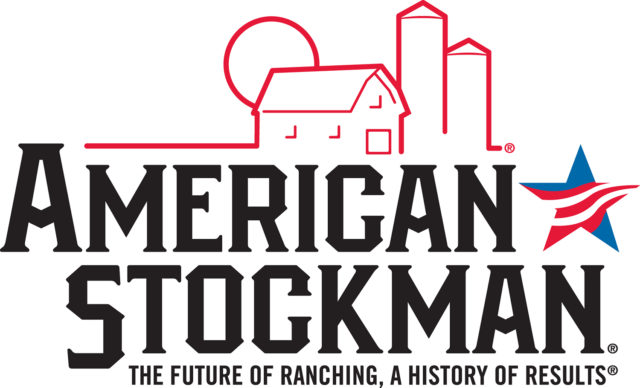Forty Angus and Angus x Hereford heifers (average age = 270 days) were assigned to receive one of four treatment combinations: no supplement, no dewormer; supplement, no dewormer; no supplement, dewormed; and supplement, dewormed.
The dewormer treatment (Ivermectin, 1 percent solution containing 10 percent clorsulon) was applied on July 25 and again on August 26. Protein-supplemented heifers received the equivalent of one pound per head per day of cottonseed meal (41 percent crude protein, as-fed basis) for 84 days beginning on July 29.
Fecal egg counts were obtained from five heifers within each treatment combination at 28-day intervals. Fecal egg shedding was lower in dewormed heifers throughout the treatment period.
Both protein supplementation and deworming treatment resulted in improved weight gains during the treatment period. Late summer de-worming increased average daily gain by 0.29 lbs per day. Feeding one pound of cottonseed meal increased average daily gain by 0.49 lbs per day. Combining deworming and protein supplement increased daily gain by 0.76 lbs per day.
The effects of protein supplementation and deworming are additive. However, some, although not all, of the additional weight gain due to supplementation was lost during the winter when heifers received a maintenance diet. Added weight gain that was attributed to deworming heifers the previous summer was not lost during the winter.
—From Cow/Calf Corner e-newsletter from the Oklahoma Cooperative Extension Service, July 9, 2012






